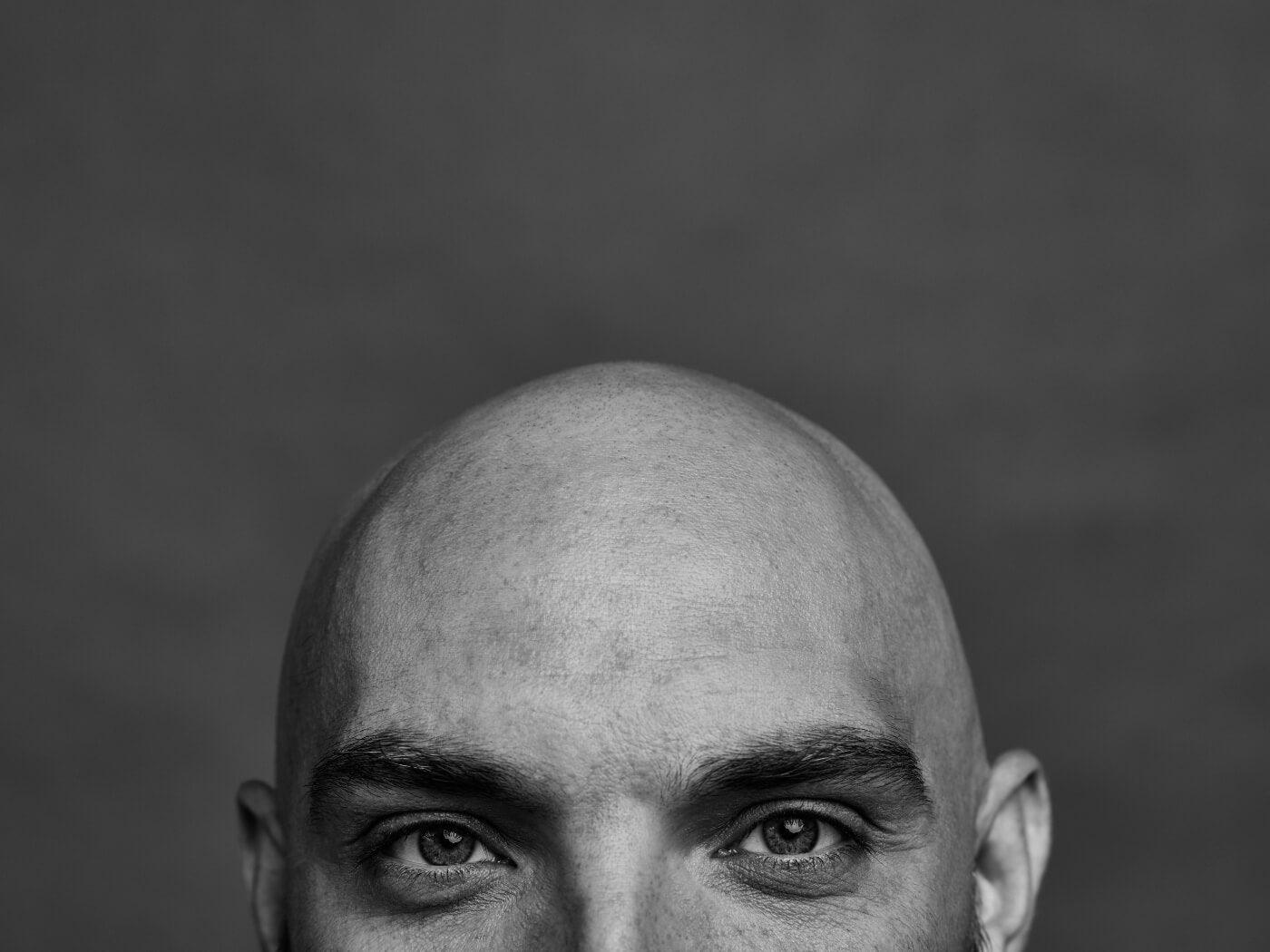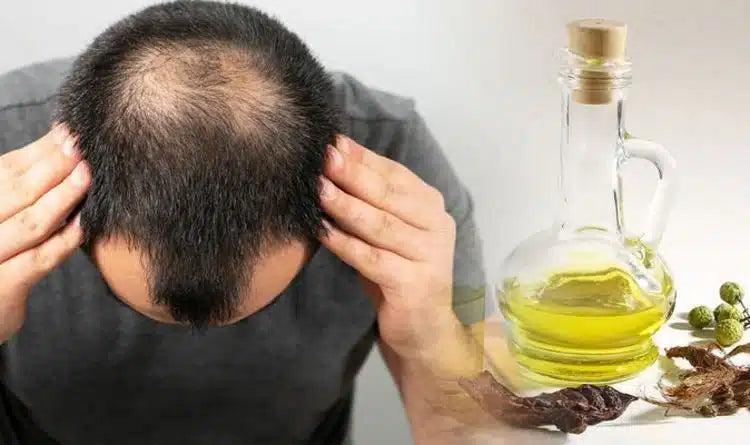Understanding Male Baldness: Genes or Diet?
The science of male baldness and what causes it
Male baldness can have many causes, but scientific research points to a single source—genes. The male sex hormone testosterone has been known to play an important role in male baldness, particularly its conversion into dihydrotestosterone (DHT). When male hair follicles become disproportionately sensitive to DHT, they begin to shrink and produce thinner or no hair at all. Without intervention, the new layer of short, thin hairs eventually give way to the classic male bald patch on top. It's a slow yet seemingly inevitable process for some men whose genetics endow them with thicker hair than others—sorry guys! But hey, at least now you know what's causing you to lose that luscious mane... science!
Fortunately, science also offers us some solutions to male baldness. While genes are the ultimate cause of hair loss, diet may be a contributing factor. Researchers have found that dietary choices can affect the body's production and sensitivity to DHT. For example, consuming foods high in saturated fat like red meat or processed cheese has been linked with increased levels of DHT. On the flip side, diets that are rich in fruits and vegetables appear to decrease levels of DHT, according to some studies. So if you're looking for ways to prevent or even slow down male baldness, it may be worth exploring a healthier diet as an option.
Whether or not diet plays a role in male baldness
Scientists have long examined the possible connection between diet and male baldness. While many have theorized that diet plays a key role in the prevention of baldness, there is yet to be any definitive answer to this age-old question. After all, some of the most athletically-fit men have been known to experience the age-old curse of hair loss. So, if diet isn't the answer - what is? The best way to address male pattern baldness may simply be in knowing your body's ingredients for hair growth and using topical treatments geared toward slowing or stopping hair loss. Only then will we truly understand if diet really does play a role in male baldness!
Ultimately, it's important to remember that male baldness is a complex issue that can't be boiled down to just one cause. While genes and diet may both contribute to hair loss, genetic predisposition appears to be the determining factor in most cases. By being aware of what triggers male baldness and being proactive with our lifestyle choices, we can all do our part to ensure that we keep what hair we have for as long as possible.
Please remember to consult with a medical professional before embarking on any treatments or lifestyle changes related to male baldness. By taking the time to understand the science behind male baldness and its potential causes, you can make an informed decision about your own personal health.
How to prevent or slow down male baldness
Men experiencing male-pattern baldness know the struggle of preventing hair loss is all too real. While there are no surefire ways to prevent balding, there are some steps that can be taken to slow down the onset or reduce its severity. Eating a well-balanced diet, avoiding stress and replacing lost vitamins, like vitamin D, can help minimize any future baldness. Try adding foods like eggs, nuts and fish to your daily routine. Also taking time out for yourself and doing something fun like playing video games or listening to music can help lower stress levels. And don't forget to get outside in the sunshine - not only can it boost your mood but it can also give you much needed Vitamin D!
In addition to lifestyle changes, there are products you can use that are proven to help slow down the process of male baldness. Minoxidil is a topical medication that has been approved by the FDA for its effectiveness in treating hair loss. Finasteride is another option which is an oral medication designed to reduce or block DHT in the scalp. Both can be used in preventative measures or to slow down hair loss that already exists.
Whatever you decide, it’s important to take action when it comes to male pattern baldness. Whether it's making lifestyle changes, investing in products that promote hair growth, or simply embracing the look - taking the time to understand male baldness can make all the difference in preserving what hair you have for longer periods of time.
Treatments for male baldness
Although there are a number of treatments for male baldness, natural remedies are becoming more popular. Natural ingredients are often seen as more effective and less likely to cause side effects. In addition, natural remedies are often cheaper than medical treatments.
- Saw palmetto, for example, is a popular natural remedy which may help to slow down or even reverse hair loss. Studies suggest that saw palmetto can block the production of DHT (the hormone responsible for male pattern baldness), reducing its effect on the scalp and allowing more hair to grow.
- Coconut oil is another natural remedy that can help to nourish the scalp and encourage hair growth. The fatty acids in coconut oil are known to promote healthy hair follicles, as well as preventing dryness and breakage.
- Cypress essential oil has long been used for its many benefits, including its ability to stimulate hair growth. recent studies have shown that cypress essential oil can help reduce DHT levels and improve blood flow to the scalp, both of which are important for healthy hair follicles. Cypress essential oil is also known for its anti-inflammatory and antibacterial properties, making it an ideal choice for those with scalp conditions that can contribute to hair loss.
Finding the right treatment for male baldness is an individual decision, and it's important to consult a doctor before starting any treatments. Everyone’s body is different, so it’s necessary to find an approach that works best for you. With the right combination of lifestyle changes, natural remedies, and medical treatments, you can slow down or even reverse the effects of male baldness.
Final thoughts
Male pattern baldness is largely determined by genetics, but that doesn't mean you are powerless. There are things you can do to prevent or slow down hair loss, and there are treatments available if you want to restore some of what you've lost. The most important thing is to be proactive and informed about your options so that you can make the best decisions for yourself. Are you ready to take ownership of your hair journey? If so, we're here to help. Visit our website or give us a call today to learn more about hair loss prevention and treatment options.





